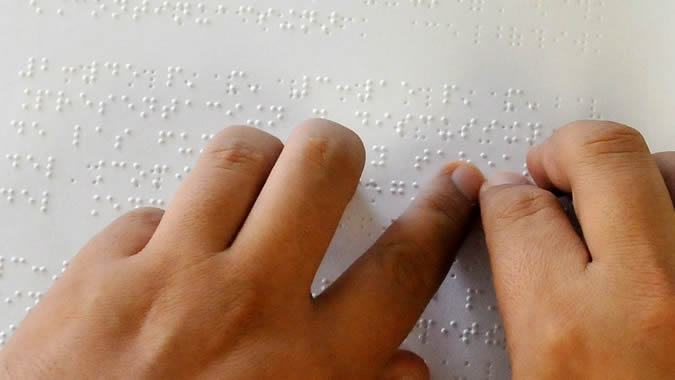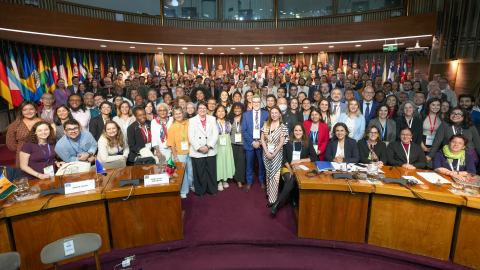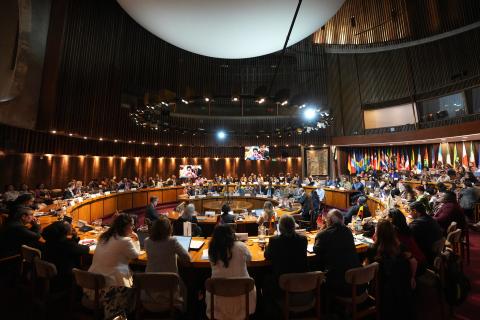Press Release
The situation of people with disabilities in Latin America and the Caribbean was analysed at a meeting held at the headquarters of the Economic Commission for Latin America and the Caribbean (ECLAC) in Santiago, Chile, on 30 May.
At the event, representatives of organizations for people with disabilities and their families took part in a dialogue with observers from the Government of Chile, local human-rights organizations and United Nations system agencies.
The aim of the meeting, which was opened by Antonio Prado, Deputy Executive Secretary of ECLAC, Mauro Tamayo Rozas, Director of the Chilean National Disability Service (SENADIS), and María Soledad Cisternas, Chairperson of the United Nations Committee on the Rights of Persons with Disabilities, was to define strategic priorities for the national and regional agenda on disability and development, in order to drive forward the joint work between governmental agencies and civil society.
These priorities were then used as a basis for discussion to analyse Chile's main obstacles when it comes to fully enforcing the right to political and social participation for all persons with disabilities.
An assessment was also made of the Chilean Government's implementation of the Convention on the Rights of Persons with Disabilities and its Optional Protocol since it was ratified and enacted in August 2008.
This international legal instrument seeks to protect the rights and dignity of people with disabilities, while at the same time stating that all people - whatever their disability - can enjoy all fundamental freedoms and rights.
The discussion enabled organizations for people with disabilities and their families to share their experiences and describe their main concerns to representatives of local authorities and international agencies. Many came from other parts of the country, and most valued this opportunity to broaden and strengthen their social networks (which are a key factor in making progress in defending their rights).
The meeting was organized by the ECLAC Social Development Division, in conjunction with the Latin American Network of Associations for Persons with Disabilities and their Families; the National Corporation of Users, Relatives and Friends of People with Mental Illness; Emancipation Circle for Women and Children with Disabilities; the National Union of Institutions for the Blind; Inclusive Solutions ://www.20422.cl/; the Occupational Therapy School of the University of Chile; and the Chilean Association for the Deaf.
Remarks from the 50 plus organizations for persons with disabilities that spoke during the three rounds of discussions are available in text and video form from the website ://www.20422.cl/cepal/ .



